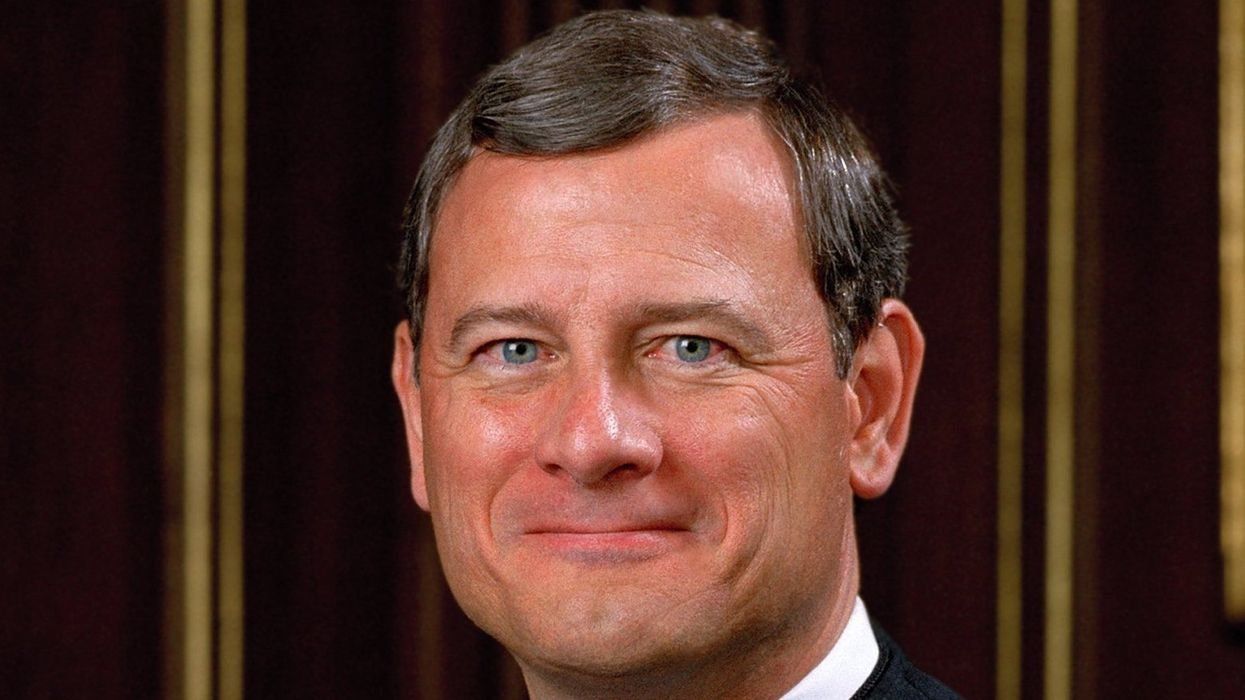Legal expert: SCOTUS ethics code has 'no enforcement mechanism' for 'serious conflicts of interest'

U.S. Supreme Court Chief Justice John Roberts (Creative Commons)
November 16, 2023 | 11:14AM ETBank
The U.S. Supreme Court was established in 1789, the year the Judiciary Act was passed by Congress and signed into law by President George Washington. But not until November 2023 did the High Court finally adopt a code of ethics.
The code comes at a time when the Court's reputation has sunk to historic lows. On September 29, Gallup reported that only 41 percent of Americans approved of the Roberts Court's performance.
Critics of the Roberts Court have attributed its unpopularity to a variety of factors, from the overturning of Roe v. Wade in Dobbs v. Jackson Women's Health Organization in 2022 to Justice Clarence Thomas accepting major gifts from billionaire Harlan Crow (according to ProPublica) to far-right GOP activist Ginni Thomas (Justice Thomas' wife) falsely claiming that the 2020 presidential election was stolen from Donald Trump.
POLL: Should Trump be allowed to hold office again?
The Roberts Court resisted adopting an ethics code for months before finally changing its mind. But law professor and former federal prosecutor Kimberly Wehle gives the new code a very unenthusiastic review in an article published by the conservative website The Bulwark on November 16.
Wehle acknowledges that the code is historic, as the High Court went 234 years without one and instead, relied on "common law rules and internal norms to keep the justices honest." But the University of Baltimore law professor laments that the newly adopted code doesn't have a lot of teeth in it.
"The primary problem, as others have noted, is that it contains no enforcement mechanism — no means of filing a complaint if there's a violation or otherwise bringing an issue before a neutral third party for investigation and assessment — which means that the justices lack any meaningful incentive to stop doing what some have been doing, to their own, sometimes immense, personal and financial benefit," Wehle explains. "Lower federal courts, by contrast, are subject to the Judicial Conduct and Disability Act, which allows the public to file complaints alleging ethical violations…. If a party files a motion seeking to force a judge to recuse themselves from a case in which they have an apparent interest, and the judge refuses to step aside, that decision can be appealed to a higher court. Not so with the justices of the Supreme Court."
According to Wehle, the new ethics code doesn't do enough "to address the serious problem of bias and conflict of interest that plagues the Court."
READ MORE: 'Empty, toothless, ineffective': Supreme Court’s new ethics code quickly criticized
"When the next such controversy arises," Wehle warns, "Chief Justice Roberts can simply point to this document with a shrug and underscore its language on voluntary compliance. The new statement doesn't even require that the justices explain themselves publicly when something seems seriously amiss."
READ MORE: The Supreme Court has adopted a conduct code — but who will enforce it?
Kimberly Wehle's full article for The Bulwark is available at this link.